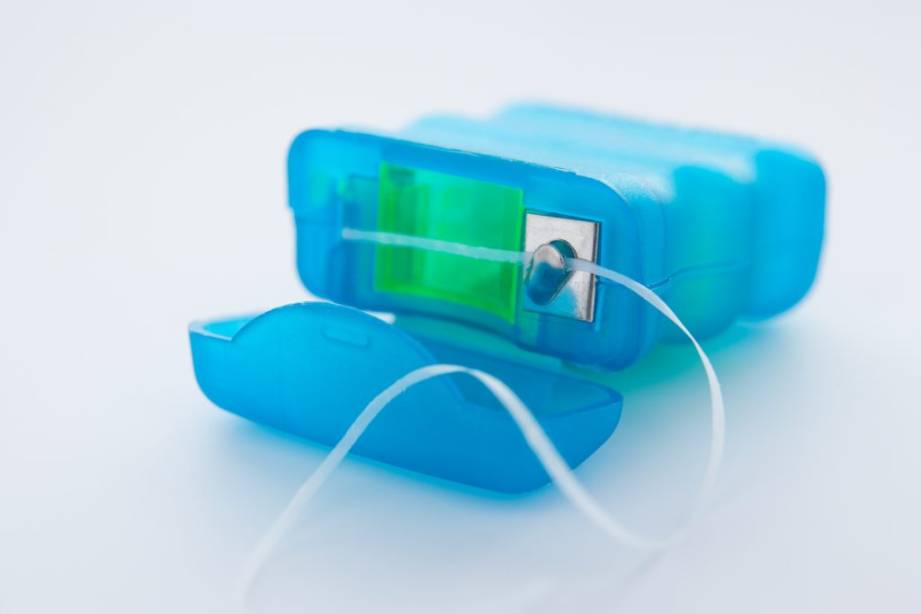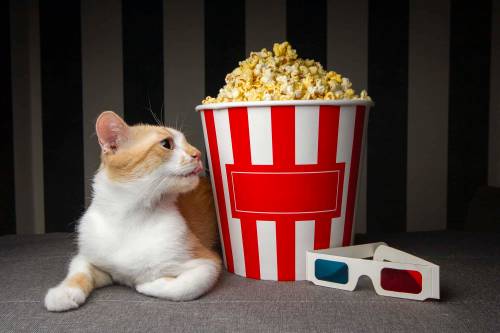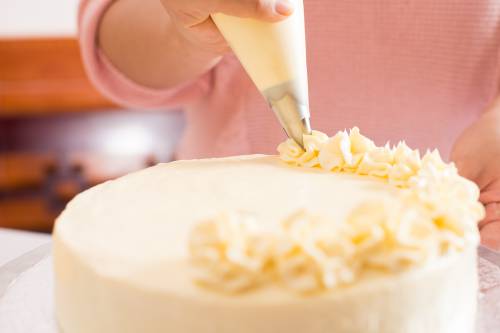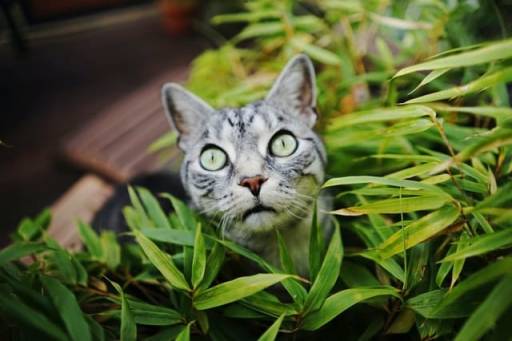
Connect with a verified veterinarian in minutes. Licensed vets are available 24/7 to answer your questions. No need to worry about your furry family member.
Cats love to play with all types of string and yarn. They even love to play with dental floss! What? Yes, it’s actually a very common issue as we found out when researching this article! You’d be surprised at the number of cats that love to play with floss!
But what happens if a cat eats floss? Can floss make a cat sick?
Has your cat eaten some floss? Are you worried the floss will make your cat sick? If so, then you’ve come to the right place.
In this article, we’ll take a look at floss and whether or not it can make your cat sick. Let’s get started!
What is Dental Floss?
Dental floss, also commonly known as floss, is a type of thin filament that’s been specifically designed to remove food from between teeth. It helps to reach areas that a toothbrush isn’t able. Dentists teach their patients to use floss because it not only cleans out food particles, it also works to remove plaque and helps to prevent gingivitis.
Flossing also provides other health benefits. These include the elimination of bad breath and improving heart health. Studies have shown that good dental hygiene can cut down incidents of certain types of heart disease.
Dental floss is an important part of human health; however, can floss be bad for cats? Can eating floss make a cat sick?
Dental Floss & Cats
The answer is it depends on the amount of floss a cat has eaten. If a cat has ingested only a very small piece of floss, chances are she will be OK. In a case like this, there’s a high probability the floss will go through the cat’s digestive tract and come out in her litter box (in her poop).
However, if a cat has ingested a larger piece of floss, this could cause serious trouble for your cat. It’s possible that the long piece of floss could become a linear foreign body. This usually happens when one end of the floss gets caught somewhere (for example wrapped around the base of the tongue) and the rest tries to pass through the stomach and intestines. This tight piece of thread-like material causes the intestines to become bunched up causing severe tissue damage.
If your cat has eaten a large amount of floss, then call the vet immediately—this is a life-threatening medical emergency.
It’s possible your fur baby may require emergency surgery to remove the floss safely. Linear foreign bodies can cause damage in multiple areas of the digestive tract making surgery difficult in severe cases. The key is to get your cat to the vet as soon as possible. If this condition is left untreated, it can result in death.
For this reason, be sure to keep all types of string away from your cat, including dental floss! Make sure that it is well out of reach or shut away in a cupboard to avoid accidents from happening.
Connect with a verified veterinarian in minutes. Licensed vets are available 24/7 to answer your questions. No need to worry about your furry family member.

Rebecca MacMillan, BVetMed BSAVA PGCertSAM MRCVS
This article has been reviewed and approved by an independent Veterinarian: Rebecca is a companion animal vet who has always had a passion for writing and client communication. Since her graduation from the Royal Veterinary college in 2009 she has gained a wealth of experience in first opinion small animal practice, in both clinical and managerial roles. She currently works in the South West and deals with a variety of routine and emergency appointments, but particularly enjoys medicine cases. Outside of work and writing, she enjoys spending time with her family, including her bouncy flat coated retriever George!
Review symptoms, medications & behavior to keep your pets healthy with a Vet Online in just minutes.
Ask a Vet Live Now




